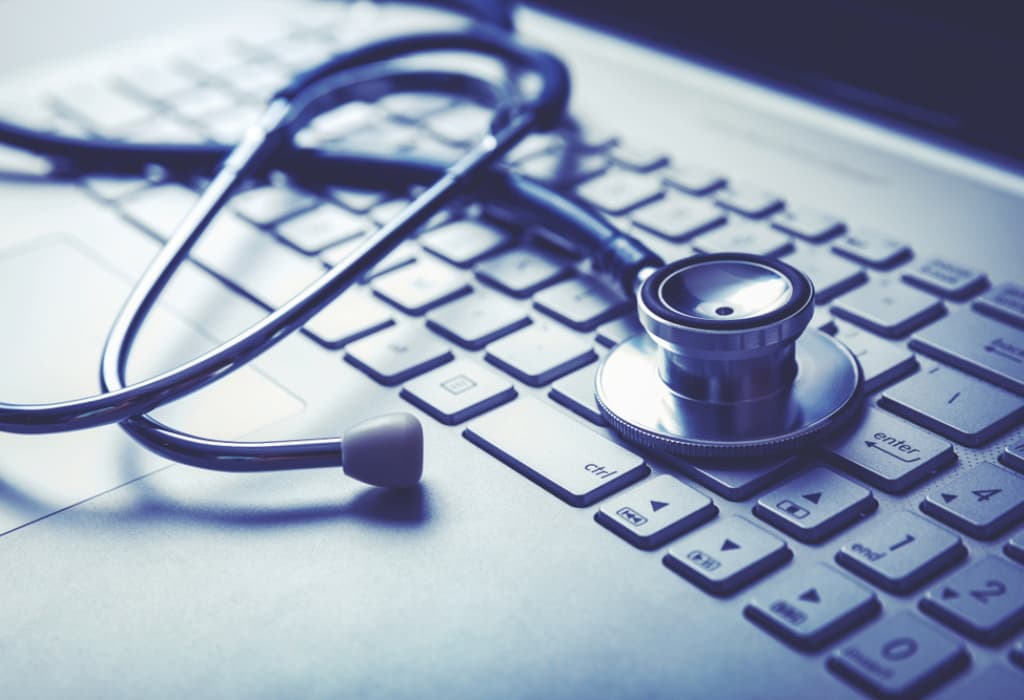Massive cyberattack on healthcare center

Are your data protected?
A recent cyberattack on the medical services supply chain in Argentina exposed over 665,000 patient medical records, becoming the largest healthcare data breach in the country—and possibly in all of Latin America. This situation not only reveals a serious gap in digital infrastructure but also raises a key question for any organization:
¿Estamos preparados para enfrentar una amenaza de esta magnitud?
What happened: a compromised chain, thousands of victims
The attack was not directly aimed at healthcare centers, but at InformeMedico, a provider that digitizes medical studies such as CT scans, X-rays, ultrasounds, and lab tests. This type of attack, known as a supply chain attack, indirectly affects dozens of institutions that entrust their operations to third parties often unaware that their information may be left unprotected.
The result: the breach impacted 30 private clinics and medical centers, mainly in the province of Córdoba. Among them:
Centro Ginecológico Allende Pinto
Cañitas Salud
Instituto Gálvez
Sanatorio Privado Río Cuarto, among others.

What kind of attack was it?
This was not a traditional ransomware case. It was an even more stealthy and dangerous method: data extortion. The cybercriminals didn’t lock the systems instead, they stole the information and put it up for sale on underground forums, using internal currencies to avoid being traced.
What was stolen?
Personal data of patients and doctors
Medical test results
Information with potential for fraud, extortion, and identity theft
Why is it so serious?
Medical information is one of the most sensitive assets a company can handle. In the wrong hands, it can lead to:
Discrimination or stigmatization
Insurance fraud
Identity theft
Direct extortion of patients or professionals
Legal experts in digital law warn that current legislation does not provide sufficiently deterrent consequences for those who handle sensitive data negligently, and that the lack of a cybersecurity culture within the healthcare ecosystem worsens the problem.
How can these types of attacks be prevented?
As leaders in cybersecurity solutions, at Heimdall we know that prevention is more cost-effective and efficient than remediation. Here are some key recommendations for healthcare institutions and any organization handling sensitive data:
1. Third-party risk assessment
Thoroughly assess your vendors’ systems before entrusting them with data. A single weak link can jeopardize your entire chain.
2. Security policies and data encryption
Sensitive data must be encrypted at all times: in transit, in use, and at rest.
3. Segmented and controlled access
Apply the principle of least privilege. No one should have access to more than what’s strictly necessary.
4. Backup and incident recovery plan
Have a contingency plan that includes secure backups and rapid recovery.
5. Regular audits
It can’t improve what you don’t measure. Conduct internal or third-party security audits regularly.
6. Ongoing staff training
Human error remains the main entry point for attacks. Training saves data.
Conclusion: Cybersecurity is a shared responsibility
The case in Argentina is a warning for the entire region. Digital health cannot rely on unprotected technologies or providers without strict oversight.
At [Company Name], we help organizations shield themselves against these types of threats. We support you from the initial assessment through to the implementation of customized solutions and continuous monitoring.

Want to protect your company and sensitive data?
Contact us today and get a free consultation with our experts.
Source: Diario Perfil. Córdoba. Argentina

TU SEGURIDAD
EN BUENAS MANOS
Bundles
Información
¿Tienes alguna duda sobre los servicios? ¡Llámanos!
Heimdall Agency copyright © 2024. Todos los derechos reservados




